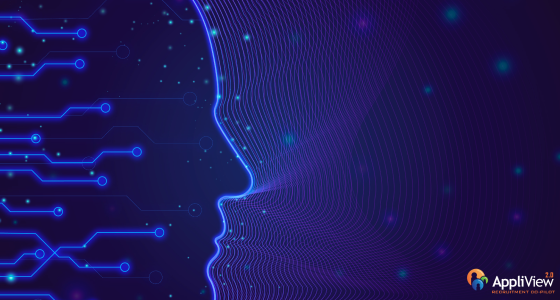AI in Applicant Tracking Systems is transforming recruitment by automating resume screening, improving efficiency, and offering data-driven insights. While it enhances candidate engagement and standardizes evaluation, challenges like algorithmic bias, loss of human touch, and data privacy remain critical concerns. Real-world applications show benefits across enterprise and small business settings. As AI evolves, ethical use, human oversight, and transparent practices will be vital to ensure fair, efficient, and effective hiring.
Background The Rise of AI in Recruitment

Applicant Tracking Systems originated as basic databases to help HR departments manage resumes and job postings. Over time, as recruitment volumes swelled and the demand for faster, data-driven decisions grew, AI capabilities were integrated to automate screening, analyze candidate data, and even predict hiring outcomes. Today, AI-powered ATS platforms are standard in organizations ranging from startups to Fortune 500 companies, fundamentally reshaping the recruitment process.
Core Benefits of AI in Applicant Tracking Systems
![]()
- Efficiency and Speed AI :AI dramatically reduces manual workload by automating resume screening, shortlisting, and even initial candidate outreach, significantly cutting time-to-hire and cost-per-hire.
- Powerful Analytics and Data-Driven Decisions :Modern AI ATS platforms provide robust analytics, enabling organizations to monitor key metrics and refine recruitment strategies continuously.
- Enhanced Candidate Experience :AI chatbots and automated communication enhance candidate engagement by providing timely updates and solutions to queries.
- Consistency and Standardization :AI applies uniform criteria in screening, which reduces human error and promotes a fairer evaluation process.
Drawbacks and Critical Challenges

- Algorithmic Bias and Discrimination :AI learns from historical hiring data, which may embed biases that could discriminate against qualified candidates with nontraditional backgrounds.
- Loss of Human Touch :Automated processes can reduce meaningful human interactions, leaving candidates feeling undervalued.
- Technical and Data Quality Issues :Unusual resume formatting may cause misreading by AI scanners, leading to the rejection of qualified candidates.
- Privacy and Data Security Concerns :Handling sensitive candidate data raises privacy, consent, and cybersecurity issues.
- Implementation and Cost Deploying :AI-powered ATS requires significant resources for technology, training, and oversight.
Real-World Applications and Examples

- Large Enterprises Global corporations :Use AI ATS to process thousands of applications efficiently, identifying top matches while flagging potential issues.
- Diversity Initiatives :Organizations leverage AI analytics to enhance diversity in hiring, with careful calibration to avoid reinforcing existing biases.
- Small Businesses :Small firms adopt AI ATS to compete for talent, benefiting from automation while managing costs and complexity.
Challenges, Limitations, and Critical Viewpoints

- Bias in Automation :Increased scrutiny from regulators highlights concerns regarding AI potentially reinforcing systemic biases in hiring.
- Over-Reliance on Technology :Dependence on AI may diminish human oversight, increasing the risk of excluding unique candidates or perpetuating errors.
- Candidate Frustration :Applicants often feel frustrated when rejected by impersonal systems without feedback, especially when formatting quirks lead to rejection.
Emerging Trends and Future Possibilities

- Bias Mitigation and Ethical AI :Developers are creating algorithms that can detect and minimize bias, utilizing more diverse training datasets.
- Integration with Human Judgment :The trend might shift towards hybrid models where AI aids initial screening while humans make final decisions, balancing efficiency with empathy.
- Personalized Candidate :Experienced AI could soon provide tailored communication and job recommendations to enhance engagement.
- Greater Transparency :Expect more transparent AI systems as regulations change, increasing clarity and trust in the decision-making process.
Conclusion
AI-powered Applicant Tracking Systems provide significant advantages—such as enhanced efficiency and data-driven insights—that can revolutionize recruitment. However, they also present challenges that include bias, lack of personalization, and data security issues. Organizations must audit AI algorithms regularly, complement AI insights with human judgment, and prioritize candidate experience.
